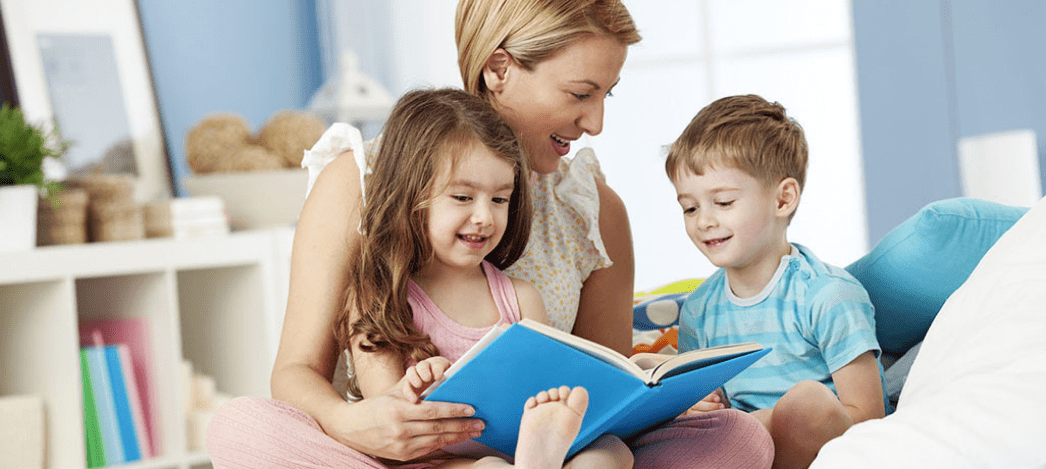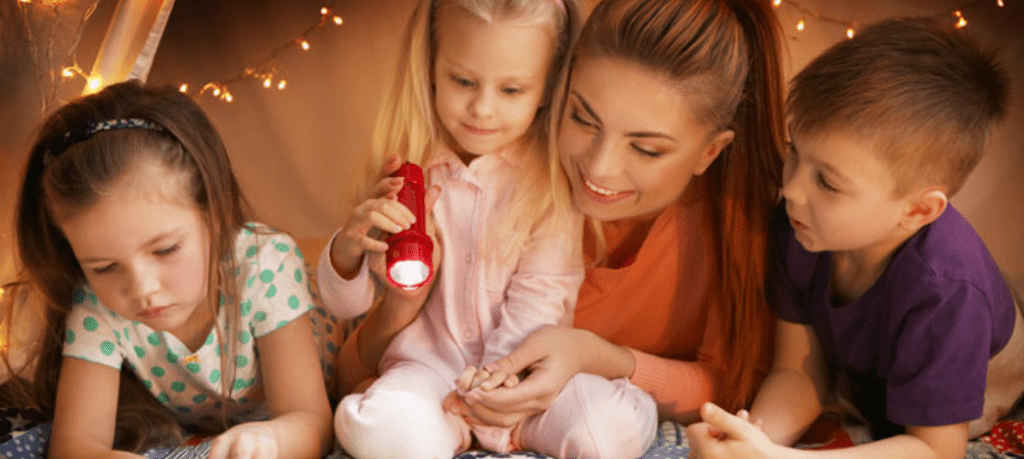
When children start going to preschool, as parents you may be approaching this major milestone with conflicting emotions, probably be excited about all the fun you hope your child will have and the new friends he’ll make. At the same time, you may feel a little sad that your child is venturing out into the big world without you. These emotions are normal. Your child is also bound to have a host of feelings about this transition, feeling proud to be a big kid but at the same time worried about being separated from you and starting something unfamiliar.
Key points
- When your child is starting preschool, it’s normal for you and your child to have mixed feelings.
- Talking to your child about preschool before he starts can help your child get used to the idea of going to preschool.
You can help your child settle into preschool by attending a few sessions together, having routines, and communicating with your child’s teacher.

Visit the preschool
Many preschools offer orientation visits. During these visits, the child can see and experience what he will do at preschool and what happens during the preschool day. With permission, you could take some photos of the preschool to show your child before he starts. Some preschools have a preparation or orientation book that you can take home with you.
How can I initiate a conversation with my child’s teacher?
- Don’t wait to be called on by the teacher.
- Parents shouldn’t hesitate to send a note and request an informal discussion as to how the child is performing through email, phone, or meeting personally
- Parents also shouldn’t hesitate to ask for concrete suggestions on ways to help the child at home.
When communicating with the teacher the idea is to help them figure out the image of your child.
Tell the teacher what you know about your child’s interests, skills and history that will help to build a complete picture of who your child is at this moment.
- Share all relevant information that can affect the child emotionally, mentally or physically.
- Remember communicating isn’t only about telling teachers. It’s also about asking and listening. Let the teacher tell you about what he or she knows about your child and how the child is in the classroom.
- You may get some ideas on how to encourage and extend that learning environment at home as well.

Helping Your Child to Have a Great First Day of Preschool
The first day of preschool has arrived, and it’s time for your child to begin an educational journey. How can you make this monumental first day a great one?
Get Ready to Say Goodbye on the First Day of Preschool
Saying goodbye to mom and dad, particularly if it’s the first time out of the house alone, can be difficult for many preschoolers. The key is to make sure you are ready for your child to go to preschool.
Managing the Tears
First, be prepared for some tears. It’s a scenario played out at preschools everywhere. A child, screaming, holding refusing to even look at the classroom, much less walk into it alone. Relax. It’s normal. Kids at this age thrive on familiarity, so when they are placed in a new situation, it’s common if they panic a little bit.
Getting Your Child Settled In
The great thing about the first day of preschool is that there are a whole bunch of parents in the room that are going through the same exact thing as you. If you work together as a team, it becomes that much easier and also much more fun.






No comment yet, add your voice below!